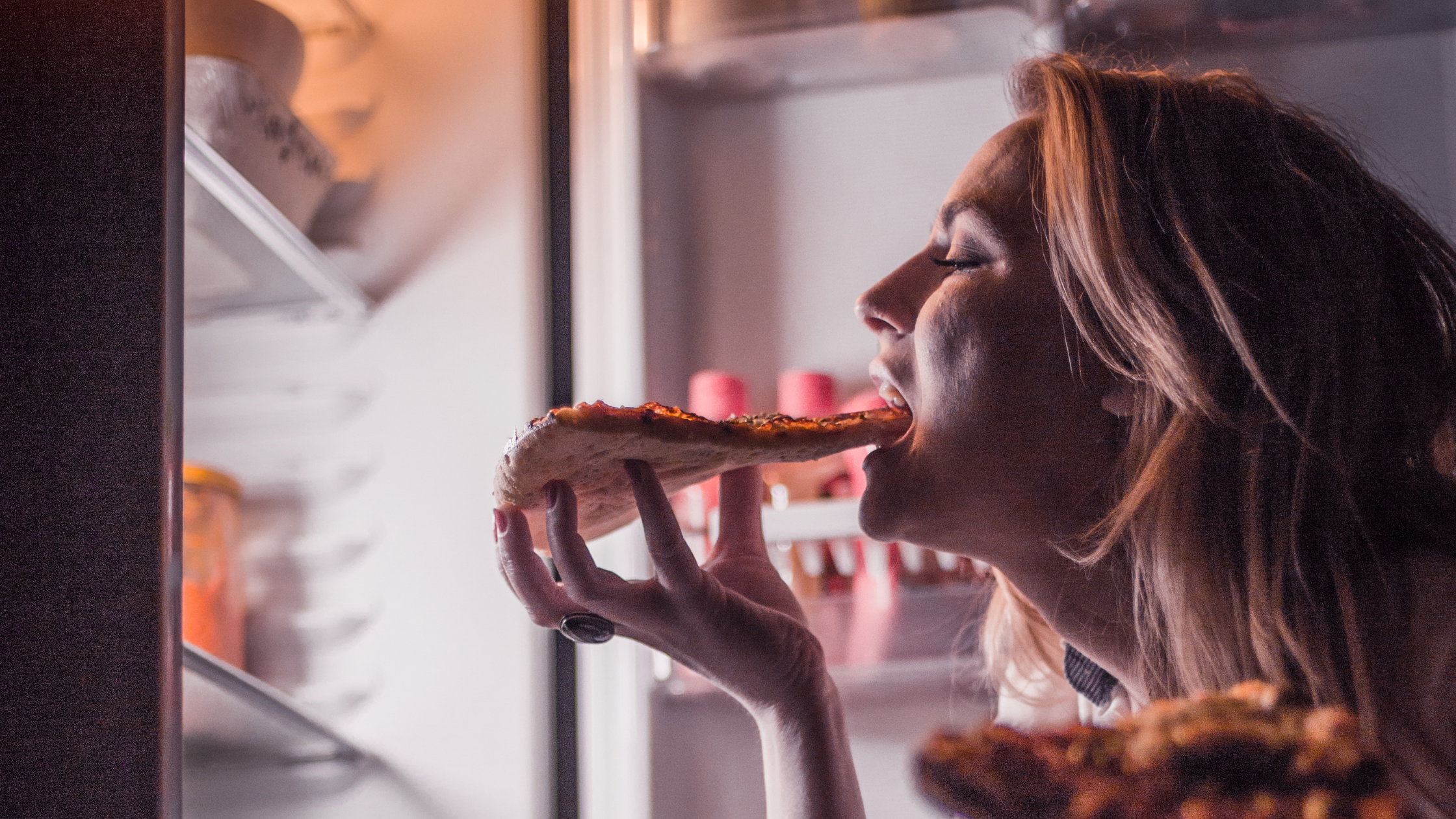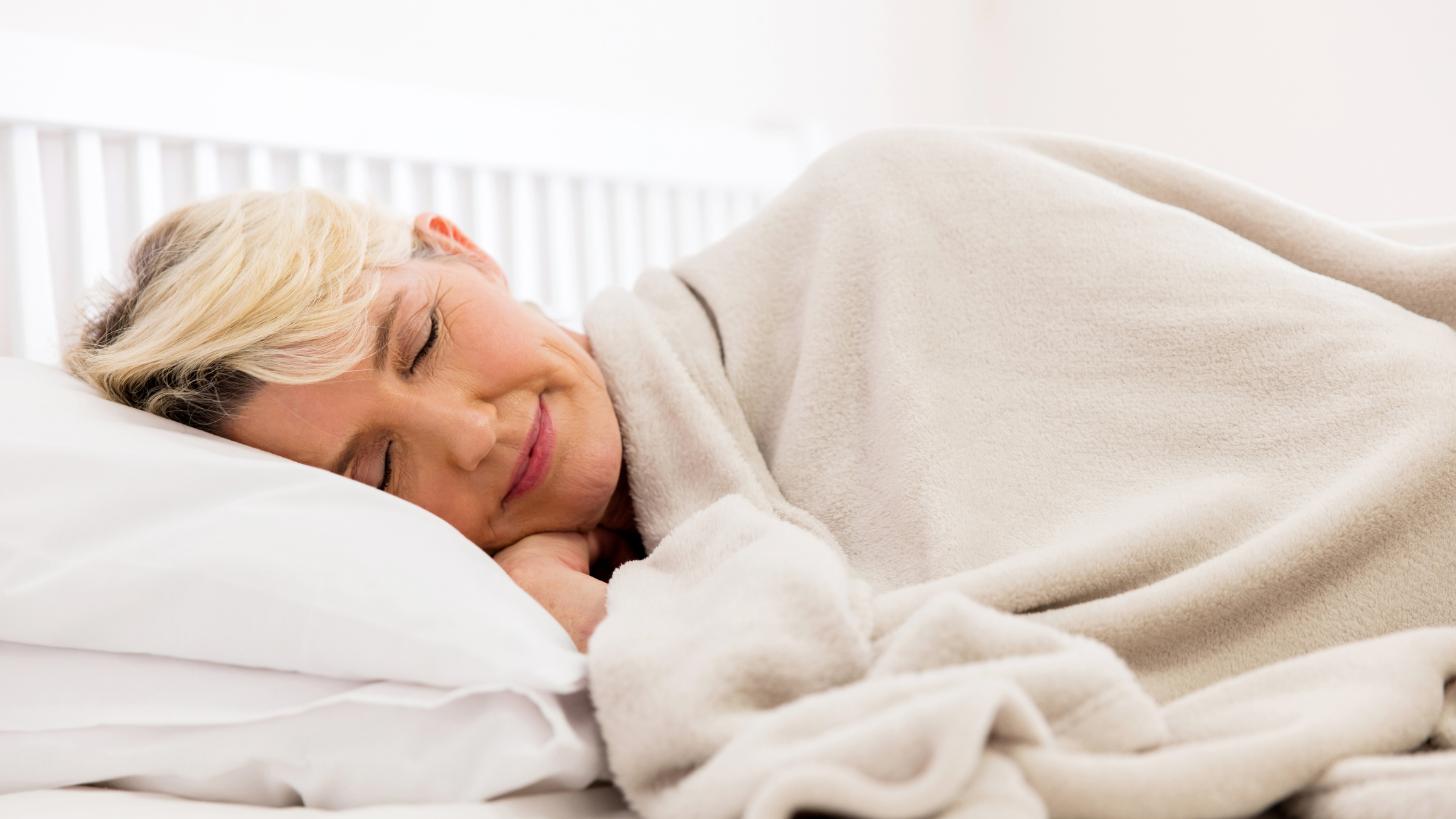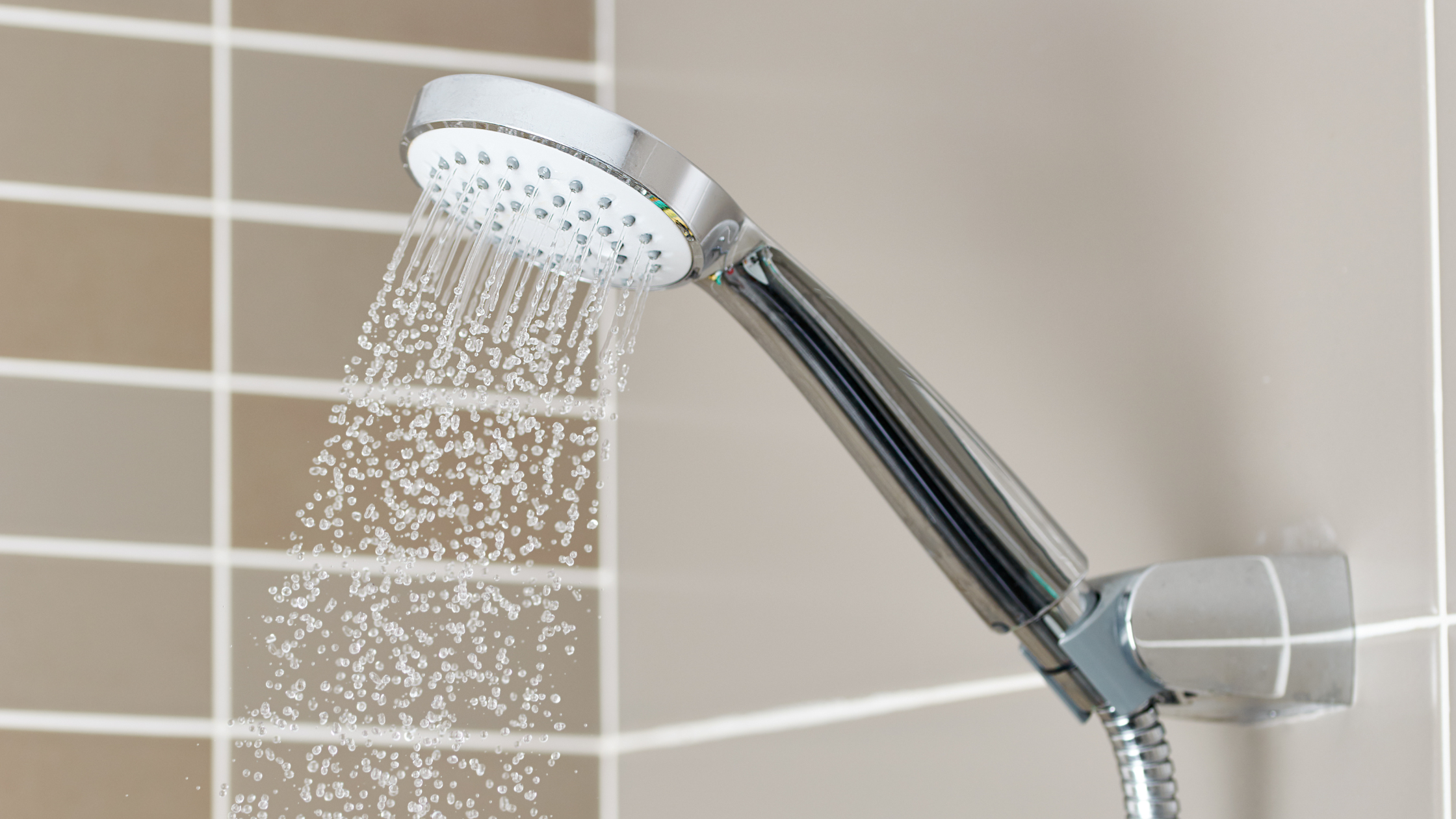10 Sleep Schedule Killers to Avoid
Written by TYE Medical on Dec 6th 2022
You would probably agree that a good night’s sleep is an important goal but admit that it doesn’t happen as often as it should. Surprisingly, it’s often your daytime habits that sabotage your nighttime recovery. But you’re in good company–and lots of it. A 2019 review suggests that poor or disrupted sleep has become a silent public health crisis. Most people aren’t getting the shut-eye they need and are suffering quietly.
Why? Well that’s just life, isn’t it? Sleeplessness seems to be the norm.
But does it have to be? While you might not be able to carve out a solid eight hours each night, you may be able to alter your daytime habits to help you get better quality sleep. Check out these prime sleep schedule killers and pinpoint where you need to make adjustments.
1. Taking Long Daytime Naps

It might seem like a good idea to grab a nap when you’re sleep-deprived, but playing catch-up isn’t always the best move. If you fall into a deep sleep, not only is it more difficult to wake up, but it’s also likely to reduce your sleep drive. This means you won’t be as sleepy at bedtime, because your body received a healthy dose of good sleep in daylight.
If you’re like most people, naps are sometimes necessary, so if you need to grab some daytime zzz’s, use these guidelines:
- Keep naps 15-20 minutes long
- Don’t nap after 3 pm
After a brief nap, you can feel refreshed and even more productive. But if you violate these guidelines, you run a serious risk of disturbing your nighttime sleep.
2. Increase Daylight, Decrease Blue Light
Sunlight is the best way to signal your brain that it’s time to be awake, and a lack of light tells your brain it’s time to prepare for sleep. This natural light keeps your circadian rhythm humming along as it should, regulating your sleep cycle and helping your brain know when it’s time to wake.
Experts recommend at least 20-30 minutes of sunlight during the morning hours to support a normal circadian rhythm. But you should also limit your blue light exposure, abstaining from screen use for two hours before you go to bed.
Concern over blue light exposure is growing because of the large amounts of time most people spend in front of a screen. Blue light emitted from device screens doesn’t just affect your eyes but can also affect your sleep.
What about daytime blue light?
Blue light during day hours doesn’t negatively impact your sleep cycle. If your daytime activities include a lot of screen time, you can relax and not be concerned about suffering from any sleep disturbance. Blue light during waking hours can even help you get a good night’s rest, making you feel more awake during the day and sleepier at night.
But if your screen time extends too close to bedtime, it can delay the onset of melatonin. Melatonin is what triggers sleepiness. If you want to protect your sleep, put away your screens at least two hours before bed.
3. Snacks Before Bed

Even though many people swear that what they eat before bed affects their dreams, it’s not the only reason to avoid snacking close to bedtime. What you eat can negatively impact your sleep schedule.
Avoid these foods at least two hours before lights out:
- Caffeine
- Saturated fat
- Sugar
- Chocolate
This means that as you’re winding down for bed, a big bowl of mocha chocolate ice cream is definitely out of the question.
But it’s about more than your nightly eating habits. Researchers have found that a diet high in saturated fats and sugar that is also low in fiber can actually lead to sleep disorders.
Your diet can also be a sleep aid. Foods that can help you get to sleep include:
- Fish
- Walnuts
- Full fat milk
- Avocado
- Chia seeds
- Yogurt
- Cheese
Even if you choose a helpful snack, it’s still best to give yourself two hours to digest before bed, whatever you eat. This will help prevent heartburn and other digestive issues while you try to sleep.
4. Not Making Your Bed in the Morning
While this “bad” habit won’t directly affect your sleep cycle, it still plays a notable role. Habits and routines can have a powerful impact on your brain. When you habitually make your bed in the morning, the action signals your brain that it’s not time to sleep anymore. This can help maintain your circadian rhythm and stabilize your sleep schedule.
A 2020 sleep survey shows that those who made their beds every morning were generally more productive during the day, ate healthier, and had a sense of accomplishment at the end of the day. They also tended to get more quality sleep than non-bed-makers. Productivity, healthy food choices, and increased well-being all contribute to a good night’s rest.
But the domino effect begins with this first act of making your bed. Even if it goes against your grain, this might be one habit that’s worth a try.
It’s also a good idea to avoid your bed during non-sleeping hours. Relaxing in your bed during the day, or even working from your bed, can send the wrong message to your brain. You’re more likely to get sleepy and succumb to a long nap or a nap at the wrong time of day, which can disturb your sleep schedule.
5. Keeping a Mental To-Do List

If you tend to keep a running list of tasks in your head, you might want to adopt a different method. In the evening, you might be tempted to ruminate on your list, running through it to be sure you haven’t missed anything. Sometimes, you might even worry that you’ve forgotten something, which can lead to anxiety. And none of this is helpful for sleep. Your active mind can keep you from falling asleep or even wake you during sleep, which is a huge sleep schedule killer.
Try putting your task list on paper or create a list on your device of choice. Getting it out of your head can give you some peace and a sense of control.
6. Exercising in the Evening
Exercise is great for sleep. But when you exercise also matters. To keep your sleep schedule intact, complete all your physical activity by 7 pm.
The best time to exercise while promoting good sleep quality is at 7 am or between 1 pm and 4 pm Exercising between 7 pm and 10 pm can disrupt your body clock and pose sleep challenges.
7. Keeping a Different Weekend Sleep Schedule

Of all the negative sleep-affecting activities to curb, this may be the most difficult. After a long week of not getting enough sleep, it’s very tempting to sleep in on the weekends. You probably hope to “catch up” on missed sleep. But this can throw off your circadian rhythm in a big way.
An inconsistent bedtime and sleep schedule are known to wreak havoc with your body clock and lead to sleep disturbances. Laying awake on Monday night staring at the ceiling? It could be related to a weekend of irregular sleep habits.
If you want regular quality sleep, try going to bed and waking up at the same time throughout the week.
8. Sleeping with the Room Too Warm
Your body temperature naturally lowers during sleep, which is necessary for sleep quality. Even if the temperature in your bedroom is comfortable during waking hours, it could keep your body temperature from lowering quickly enough at night. It can also make you too hot while you sleep.
When your body temperature is too high at night, it leads to restless sleep and nighttime waking. This seriously disturbs your sleep cycle and can make your sleep schedule challenging. But you can remedy the issue if you adjust the thermostat in your bedroom or home before bedtime and then readjust it in the morning. If you use this method, you can be comfortable during the day and night.
You can also sleep with a fan or crack the window (if it’s safe).
9. Taking a Hot Shower or Bath Before Bed

It’s reasonable to assume that if a cold shower wakes you up, a hot one would relax you. But that’s not the case. A hot shower or bath raises your body temperature, which makes it difficult for it to lower for sleep. You may not be able to fall asleep until your body temperature drops sufficiently.
When showering or bathing before bed, keep the water temperature lukewarm. But if you love a hot shower, get one early in the evening, at least 90 minutes before bedtime.
10. Drinking Alcohol in the Evening
Since alcohol is a depressant, it can make you sleepy and even help you fall asleep if you haven’t consumed too much. However, alcohol is also known to decrease sleep quality and increase the likelihood that you’ll become restless or wake up during the night. Some people even have more vivid dreams that wake them from sleep. Alcohol can also interfere with the most critical stage of sleep, REM (rapid eye movement).
If you want to ensure quality sleep and sleep schedule disruptions, consider eliminating evening alcohol use.
The Bottom Line
A healthy lifestyle with a nutritious diet and exercise combined with some wiser lifestyle habits can dramatically impact your sleep schedule for the better. It might require nixing some old habits that interfere with quality sleep, but a good night’s rest is probably worth the adjustment.
TYE Medical offers premium incontinence products for every level of leak protection. You can browse our online store and receive free and discreet shipping on all orders.


